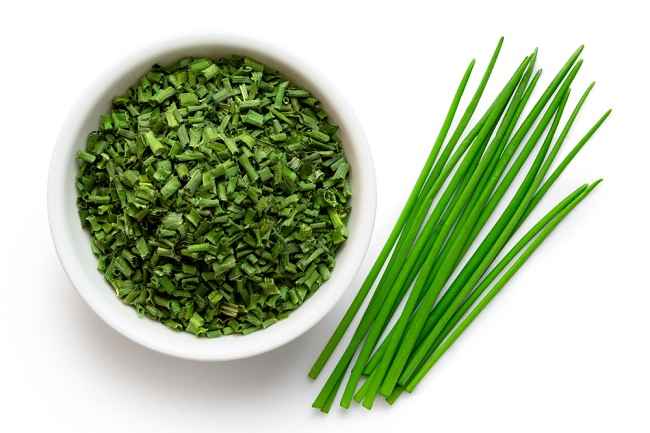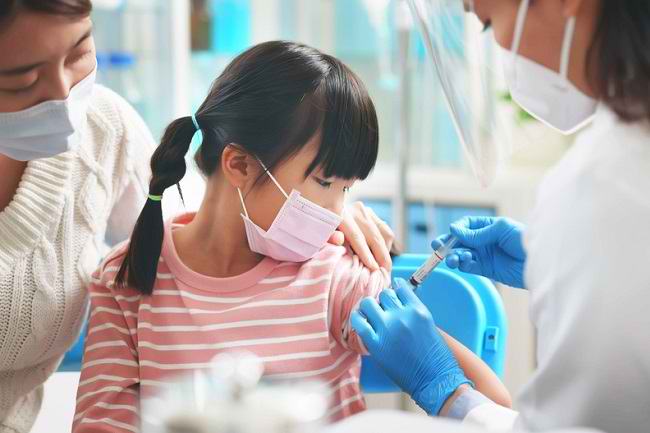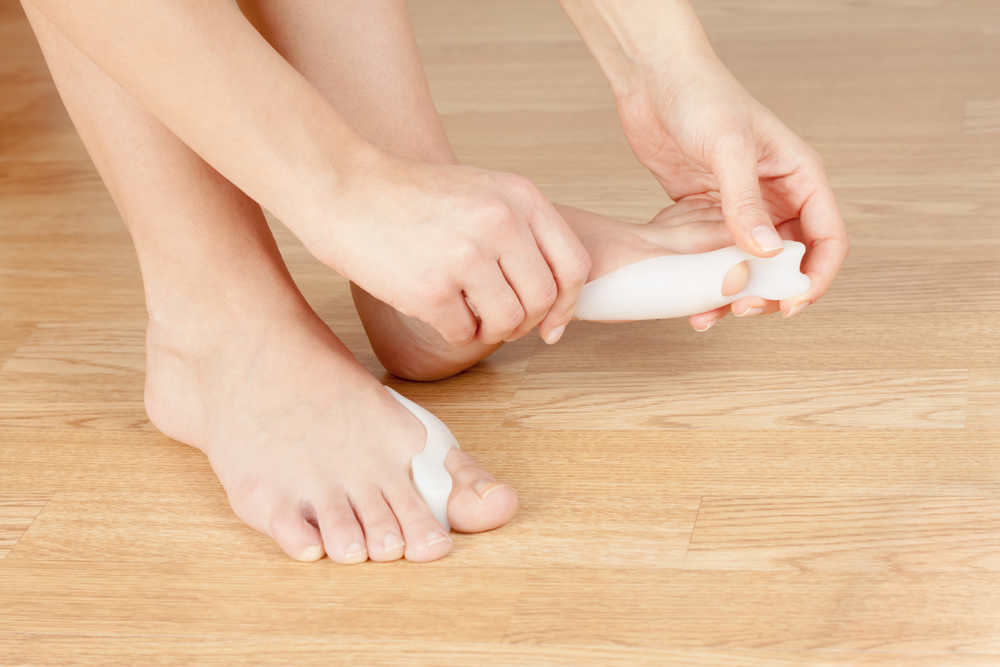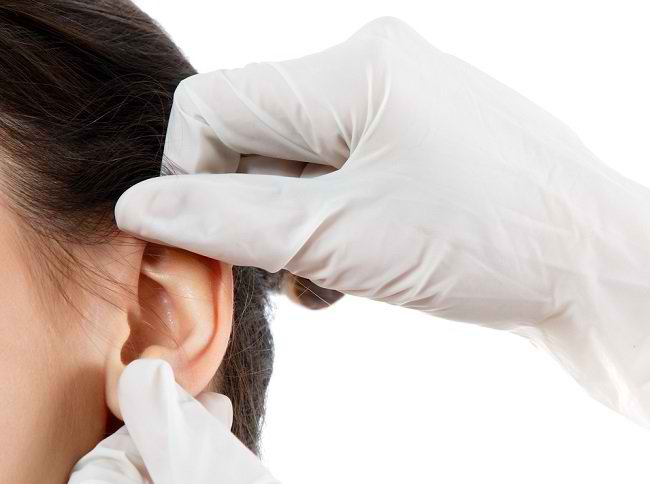Bad breath is a condition characterized by an unpleasant odor of mouth breath. This condition can also be accompanied by dry mouth, bad taste in the mouth, and a white color on the tongue.
Bad breath or halitosis is a condition that can be experienced by anyone. This condition can be caused by the type of food consumed, poor oral hygiene, illness, or an unhealthy lifestyle.

Some people use chewing gum and mouth cleaning products to get rid of bad breath. However, the effects of using these products are generally only temporary. In order to get rid of it completely, the patient is recommended to see a doctor so that the cause of his bad breath can be overcome.
Cause of Smell Mmouth (Halithosis)
The causes of bad breath vary widely, including:
1. Food
Foods with strong odors can cause bad breath. These types of foods include onions, garlic, cheese, fish, spicy foods, and coffee.
These foods generally contain essential oils that can enter the bloodstream and be carried to the lungs. After that, the essential oil can evaporate in the lungs and out with the exhale.
2. Poor oral hygiene
Infrequent brushing of teeth, especially in people who use dentures or braces, can cause food residue in the mouth to rot or form dental plaque so that the breath becomes smelly. In addition, a tongue that is not cleaned can also harbor bacteria that can cause bad breath.
3. Diet
Low-carbohydrate diets such as the DEBM diet or the ketogenic diet can cause bad breath. When there is a shortage of carbohydrates as an energy source, the body will burn fat for energy. This process can produce a sour breath from the mouth.
4. Infection of the mouth
Conditions such as cavities, gingivitis (inflammation of the gums), periodontitis, and canker sores, can cause bad breath. In addition, surgical wounds in the mouth and dentures that are loose or not properly attached can also cause infections that cause bad breath.
5. Dry mouth
One of the functions of saliva is to clean the mouth of bacteria and food debris. In dry mouth conditions, saliva production is reduced so that bacteria and food debris can accumulate more easily and cause bad breath.
Dry mouth can be caused by disorders of the salivary glands, taking diuretic drugs, or sleeping with the mouth open.
6. Msmoking and consuming alcoholic beverages
Smoking and consuming alcoholic beverages can make your mouth drier, making it easier to smell. In addition, tobacco in cigarettes also leaves substances that will settle in the mouth so that the mouth odor becomes unpleasant.
7. Health conditions
The patient's current health problems can also cause bad breath or halitosis. These conditions include:
- Chronic sinusitis
- Pneumonia
- Sore throat (pharyngitis)
- Flu
- Tonsillitis
- Bronchitis
- Diabetes
- Lactose intolerance
- Heart trouble
- Kidney disorders
- GERD or acid reflux disease
8. Drugs
Antihistamines, antidepressants, and diuretics are examples of drugs that have the side effect of dry mouth, which can cause bad breath. In addition, the metabolism of certain drugs can also produce chemicals that trigger bad breath.
9. Pregnancy
Nausea and vomiting during pregnancy is one of the causes of bad breath in pregnant women. Bad breath can also occur due to dehydration, hormonal changes, and high and varied food cravings during pregnancy.
Odor Symptoms Mmouth (halitosis)
Symptoms of bad breath is an unpleasant smell that comes out of the mouth. The smell can vary, depending on the cause. Bad breath can also be accompanied by other complaints, such as:
- Discomfort, sour, or bitter taste in the mouth
- dry mouth
- The tongue is white, especially at the back of the tongue
- Burning taste on the tongue
- Mucus or fluid that flows from the nose to the throat
- Tartar
When to go to the doctor
Check with the dentist if you often experience bad breath despite doing self-care at home, such as brushing your teeth and tongue after eating, flossing your teeth, and drinking more water.
Immediately see a doctor if you experience complaints such as:
- Long lasting dry mouth
- Pain or difficulty when chewing or swallowing
- Toothache
- Mouth sores
- Fever or tired quickly
- White patches on the tonsils
Odor Diagnosis Mmouth (halitosis)
The dentist will ask questions about the patient's habit of cleaning teeth and mouth, as well as the food and drugs consumed. The doctor will also ask if the patient has a habit of snoring while sleeping or suffers from diseases, such as allergies or other chronic diseases.
After that, the doctor will examine the patient's mouth, tongue, and nose to detect the cause of bad breath. The doctor will also examine the characteristics of the patient's mouth odor.
If necessary, the doctor will rub the back of the tongue with a special stick to assess bad breath.
If the dentist cannot identify the cause of bad breath or if bad breath is suspected to be caused by another condition, the patient will be referred to a general practitioner for further examination.
Odor Treatment Mmouth (halitosis)
Treatment for bad breath depends on the cause. The following are common actions taken by doctors to treat bad breath:
Maintain oral hygiene
Maintaining oral hygiene will prevent bacteria from accumulating and causing odor. Here are simple ways that can be done to maintain oral hygiene:
- Brush your teeth and clean your tongue to remove bacteria on its surface
- Using dental floss to clean food residue between teeth
- Using mouthwash to kill excess bacteria in the mouth and disguise bad breath
- Using toothpaste and mouthwash prescribed by a doctor to treat bad breath due to plaque or tartar buildup
Changing lifestyle
Simple changes to daily habits can sometimes treat bad breath, especially when coupled with good oral hygiene. The following are some of the changes that can be made:
- Stop smoking habit
- Drink at least 2 liters of water per day
- Limiting consumption of alcoholic and caffeinated beverages
- Avoid excessive consumption of spicy food
- Avoiding extreme diets, such as consuming very low amounts of carbohydrates or consuming very high amounts of protein
Treating oral diseases that cause bad breath
If bad breath is caused by disorders of the teeth or gums, treatment at the dentist needs to be done. Things that can be done to overcome problems in the mouth include:
- Filling or extraction of damaged teeth
- Cleaning plaque or tartar that causes gum disease
- Administration of antibiotics to treat infection
Treat other diseases that cause bad breath
Handling bad breath caused by other diseases according to the underlying condition, including:
- Using saline nasal sprays regularly to treat chronic sinusitis
- Taking antibiotics, such as metronidazole, to kill the bacteria that cause chronic sinusitis
- Taking antacids, proton pump inhibitors (PPIs), or H2 antagonists to treat GERD
Replacing drugs that cause bad breath
Bad breath caused by side effects of long-term drug consumption can be overcome by changing the drugs consumed. However, drug replacement must be done according to the doctor's advice.
In addition to the steps above, there are several other ways you can disguise bad breath, such as chewing sugarless gum or chewing mint leaves. In patients with dry mouth conditions, the use of artificial saliva prescribed by a doctor can also reduce bad breath.
Complications of Bad Breath (Halitosis)
Bad breath is generally not a life-threatening condition. However, people with bad breath are usually not aware of this condition before being told by others. This can make people with bad breath feel embarrassed and insecure.
Prevention of Bad Breath (Halitosis)
The following are some ways that can be used to prevent bad breath:
- Avoid foods with strong odors.
- Watch your diet by eating more fruits and vegetables.
- Clean your mouth regularly by brushing your teeth for 2 minutes at least 2 times a day using a toothpaste containing fluoride .
- Clean your tongue when brushing your teeth and use dental floss to clean between your teeth.
- Replace the toothbrush every 3-4 months or when the toothbrush is visibly damaged.
- Clean your braces and dentures properly and have regular check-ups as recommended by your doctor.
- Do not smoke and limit the consumption of alcoholic beverages and alcohol
- Consumption of low-sugar candy or gum to prevent mouth
- Use mouth cleaning products, such as mouthwash.
- Have regular check-ups with the dentist every 6 months.









